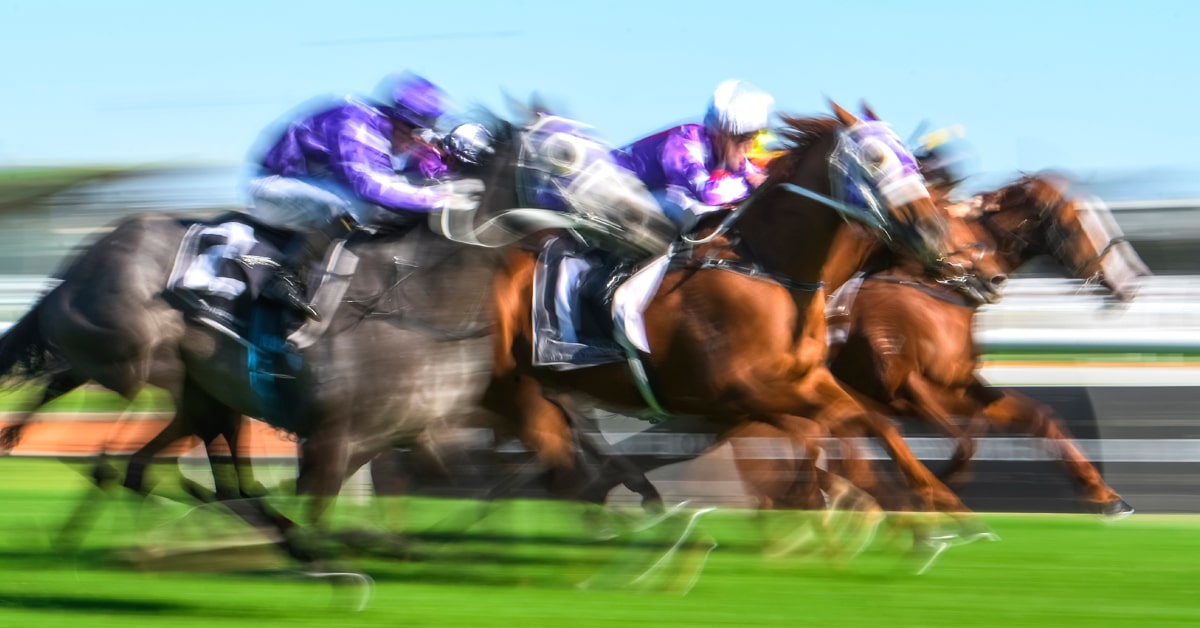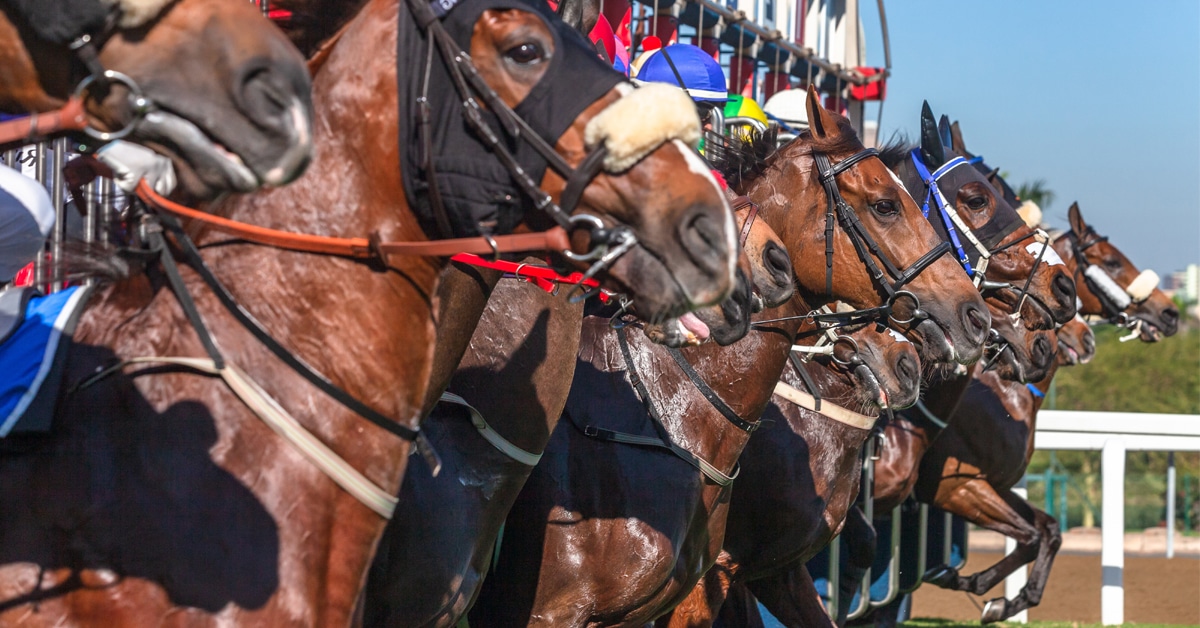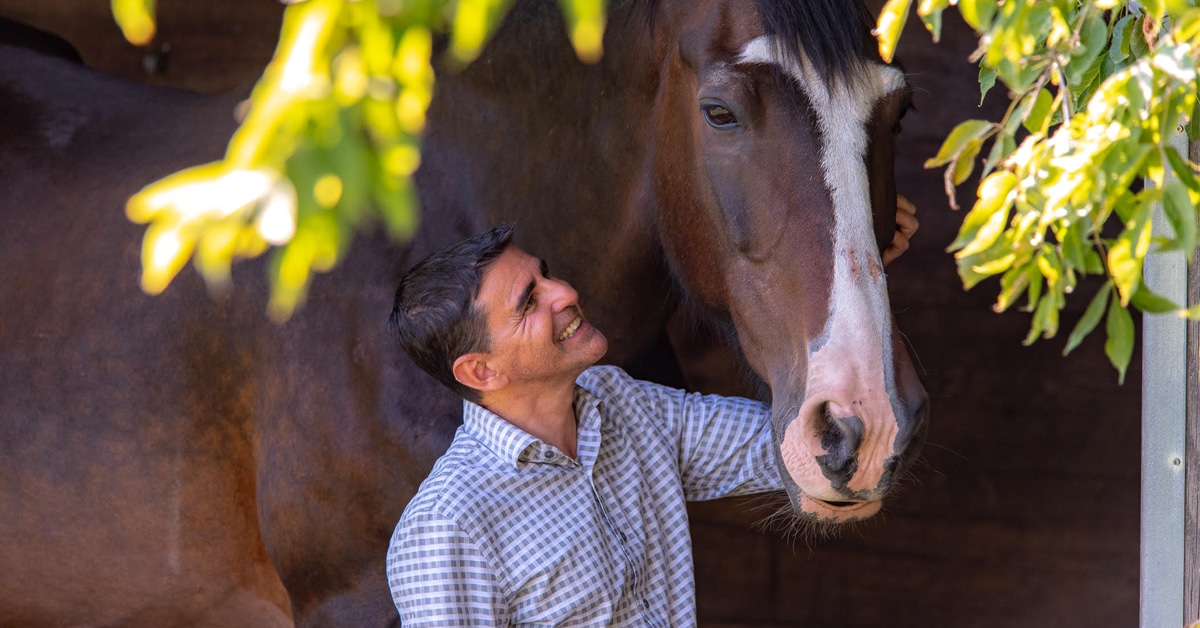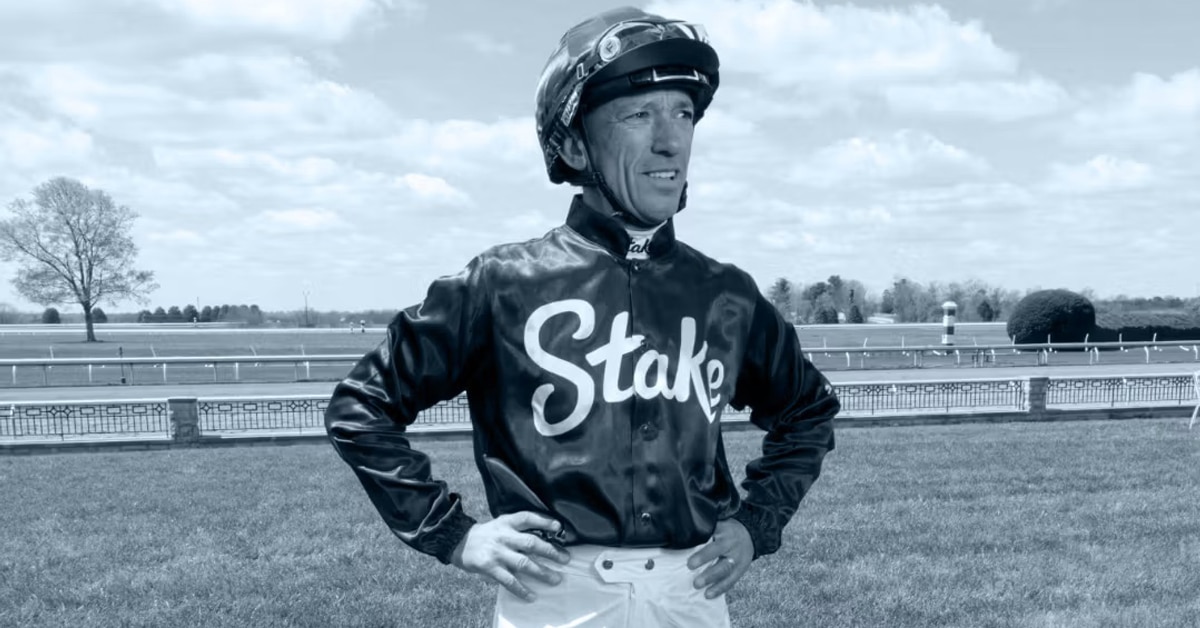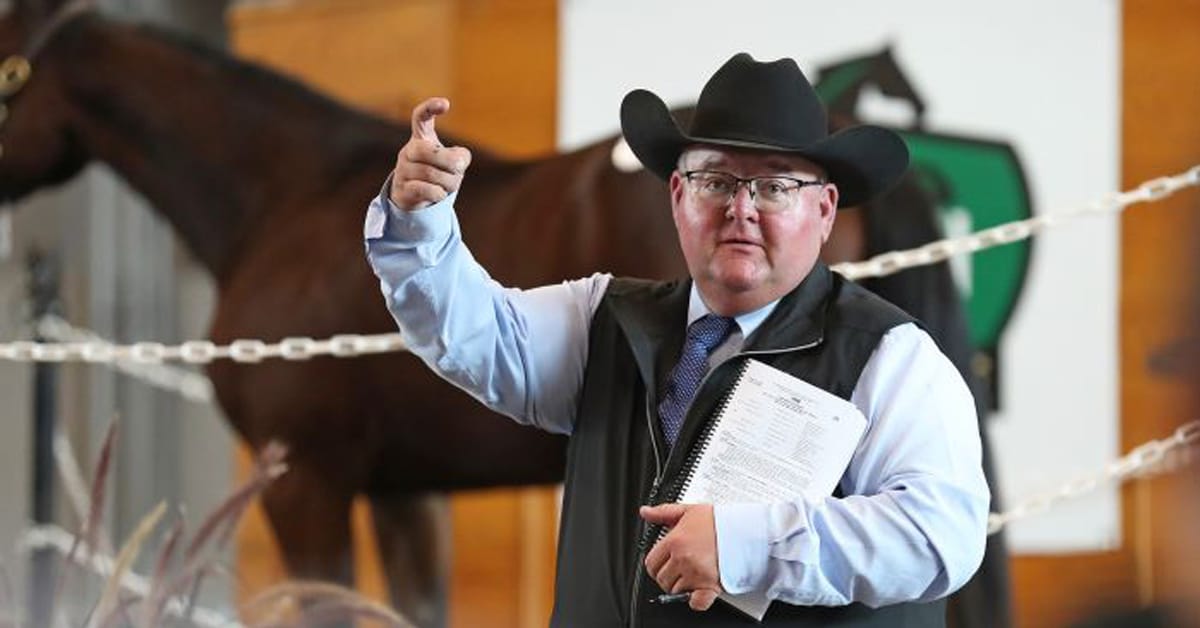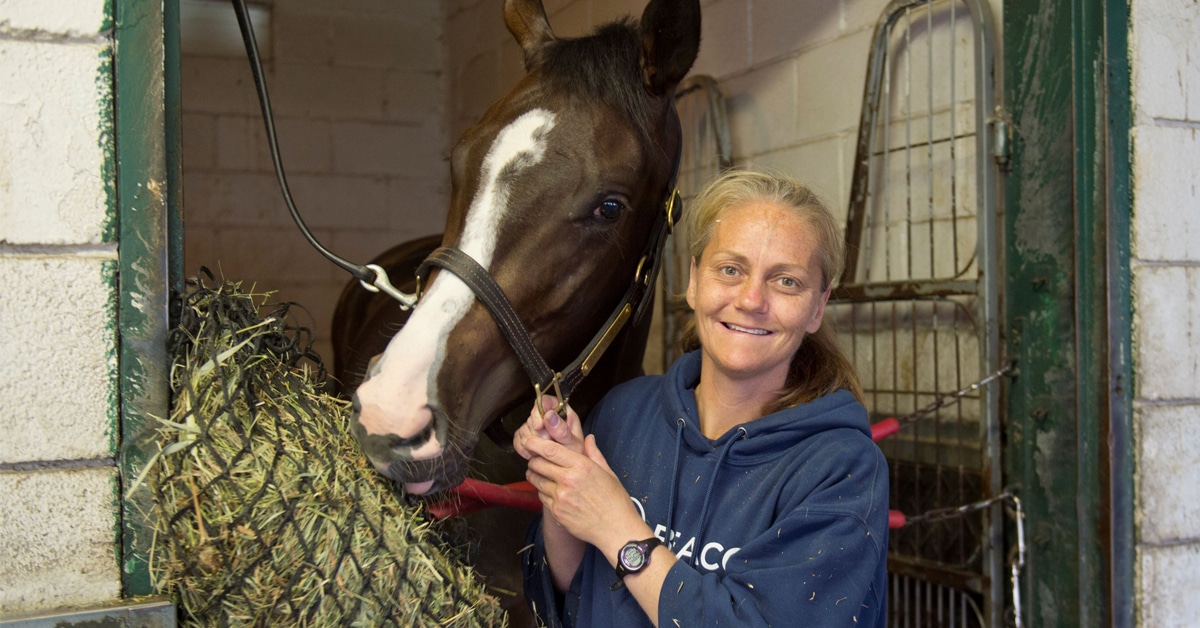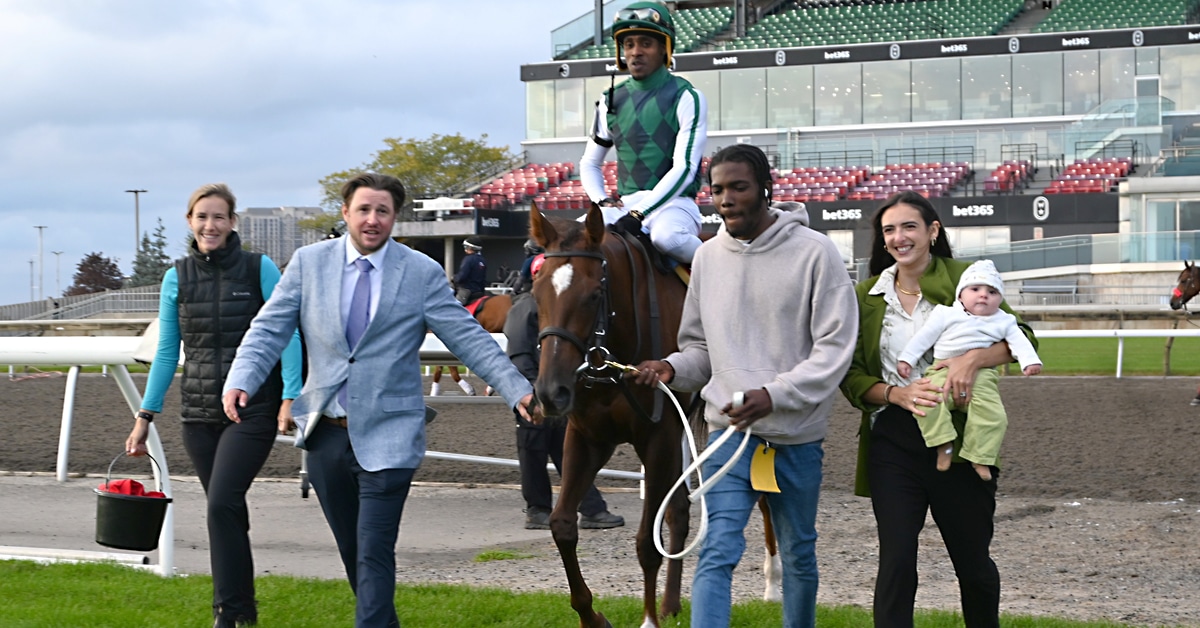Ever since cavemen invented head-banging contests to kill time, humans engaged in sporting competitions have always tried to get an edge. Sometimes they go right to the limit of what is accepted ethically and permitted legally by the rules. Sometimes they cross that line, and too many times they pretend it isn’t there.
NASCAR driver Junior Johnson is widely credited with starting the mantra, “If you ain’t cheatin’ you ain’t tryin.” Johnson, who got caught numerous times with engines too big or cars too aerodynamic, said getting an edge wasn’t really “’cheatin’” but “creatin.’”
Baseball, America’s one-time national pastime, has had its share of cheaters. A little Vaseline on the bill of a baseball cap or a piece of sandpaper in a glove helped more than a few pitchers get a little extra “stuff” on the ball. Sammy Sosa’s cork-filled bat identified him as a cheater even before the allegations of steroid use. And, speaking of those muscle-building anabolics, the “steroids era” – led by Sosa, Barry Bonds and Mark McGwire – turned once-cherished home run records into meaningless numbers.
Performance-enhancing drugs have transformed several sports into exercises of chemical superiority. Track and field is still trying to recover from the drug disqualifications of Ben Johnson, Marion Jones and numerous others, while cycling may never get the public’s trust back following the metabolic manipulations of Lance Armstrong over a decade’s time or more.
It’s not always drugs that give people an edge. Who can forget Rosie Ruiz, the apparent winner in the women’s division of the 1980 Boston Marathon? The victory was short-lived when officials later found out she took a shortcut, just as she had six months earlier in the New York Marathon, when she hopped a subway to shorten the course.
And football? Well, I think it’s enough to say, “New England Patriots.” From spying on their opponents to the mysteriously deflated footballs of this year’s playoffs games, the Pats, under coach Bill Belichick, have been the most creative edge-takers in the game.
Racing takes a backseat to no one in the sport’s world when it comes to cheating.
We’ve had the famous “fog jockey,” Sylvester Carmouche, who one foggy night in 1990 on the bull-ring track at Louisiana’s Delta Downs, pulled his horse up, shortly after the start at the top of the stretch, then waited for the field to run one lap around the track. When he heard their footsteps approaching, Carmouche burst out of the fog bank with the lead, drawing off to win by an impressive 24 lengths. Too impressive for the stewards, who figured out Carmouche’s trick and sat him down with a lengthy suspension.
We’ve known of jockeys who slid lead weights into their boots instead of the saddle bags, then shucked them before the race, giving their mount a few less pounds to carry. Sleepy clerks of scales wouldn’t notice they came back short of their assigned weight.
There are trainers who lie to clockers about the identities of horses working out in preparation for their races so they can inflate the horse’s odds. Trainer Rick Dutrow did that in New Jersey with Wild Desert in 2005, just before the colt won the Queen’s Plate, triggering an investigation that contributed to a New York ruling in 2011 that suspended his license for 10 years.
Dutrow didn’t invent the concept of hidden workouts. For decades, trainers would work their most promising prospects under the cover of darkness so clockers wouldn’t be wise to their horse’s talents.
These are breaches of integrity that to some – in a wink-wink, nudge-nudge sort of way – add to racing’s lore.
The kind of cheating we can never tolerate is that which inflicts cruelty on the horses that give us everything they have, including their trust.
Trainers or veterinarians using undetectable stimulants, painkillers or psychotic drugs – all designed to improve performance but often with terrible side-effects – have no place in the game. Neither do jockeys who carry electrical devices to shock a horse into a faster, fearful run.
Humans cheating other humans is a long-held tradition that we’ll probably never stop. Humans exploiting or abusing animals is a cruel and criminal act.
The Latest
